Just how bad is fragrance in skincare?
After last week topic on alcohol in skincare, we’re moving onto another culprit, the fragrance. I am personally in a love-hate relationship with it. By all means, I don’t have sensitive skin. I don’t mind a little fragrance that adds to the luxurious feel. Products such as the Sulwhasoo First Care Activating Serum, are a beautiful olfactory experience. Other products, from Nuxe in particular, have such an overpowering scent that it makes my eyes tear.
But is even just a little fragrance safe? Should we all avoid it and not play with the devil?
How bad is fragrance in skincare
What is fragrance in skincare?
The fragrance is a thousand things. Yes, more than 5000 molecules of fragrance are used on rotation. The truth is fragrance is not one ingredient, it’s a dozen. Companies don’t have to list out which ones, they all go under the guise of “fragrance”. This makes it difficult for sensitive folks.
Fragrance in skincare is a mix of aroma compounds that are often added to mask the ingredients natural scent, which can be unpleasant. Or it can be used to add to the luxurious experience. It can be natural (essential oils, plant extracts,etc.) or synthetic.
Types of fragrances
- Synthetic fragrances: usually petrochemicals, phthalates and benzene derivatives; listed under “fragrance,” “perfume,” or “parfum”.
- Natural fragrances: from natural ingredients, like citrus fruits, flowers, through distillation, fermentation, or cold pressing. All-natural of course doesn’t mean better. It’s usually listed as “natural fragrance” with the allergens mentioned separately.
- Essential oils: extracted from the flowers, seeds, and leaves of plants. Fragranced essential oils are common allergens that easily trigger bad reactions. Geraniol, citronellol, limonene are some common ones.
Who should avoid fragrance?
Fragrance percentage in skincare products is usually less than one per cent. Nonetheless, it is the leading cause of allergic reactions to the skin.
It can trigger pre-existing skincare conditions such as eczema, psoriasis and acne, as well as rosacea and even melasma.
To identify fragrant ingredients in your skincare products, look out for words in the ingredient list like eugenol, geraniol, citronellol, and limonene. The positive note here is that potential allergens are listed separately on the ingredients list.
The best way to determine if you can use a product is to patch test it. I know, many skip it, myself included. I have rarely had bad reactions from a product and I know my skin. To patch test you take some product and apply it behind your ear or on the inside of your arm. Skin is more sensitive in those areas. If you notice any redness or irritation, discontinue use.
Fragrance-free vs. Unscented
Here again, is a loophole that companies can use to their advantage. The term has no specific regulation. Many companies use the statement fragrance-free in different ways. Generally, fragrance-free means no added synthetic aroma compounds. But the product can still have for example essential oils, aka natural fragrance, in the ingredients list.
When it comes to unscented it only means that you cannot smell any specific scent. But the ingredients list can still have fragrance ingredients that hide the smell of the chemicals.
What about “clean fragrance”? It is as bs as clean beauty. It is the idea that the fragrance in the product is free of harmful chemicals.
Repeat after me: everything is a chemical. Maybe next time I’ll touch on the fearmongering cult that is “clean beauty”
Bottom line is, just try and avoid fragrance in your beauty products. Especially when it comes to essential oils. Why risk your beautiful complexion for something that is simply unnecessary? Leave the fragrance for the actual perfumes in your collection.
Follow me on Instagram for more product reviews, useful tips, as well as snippets of my daily life.
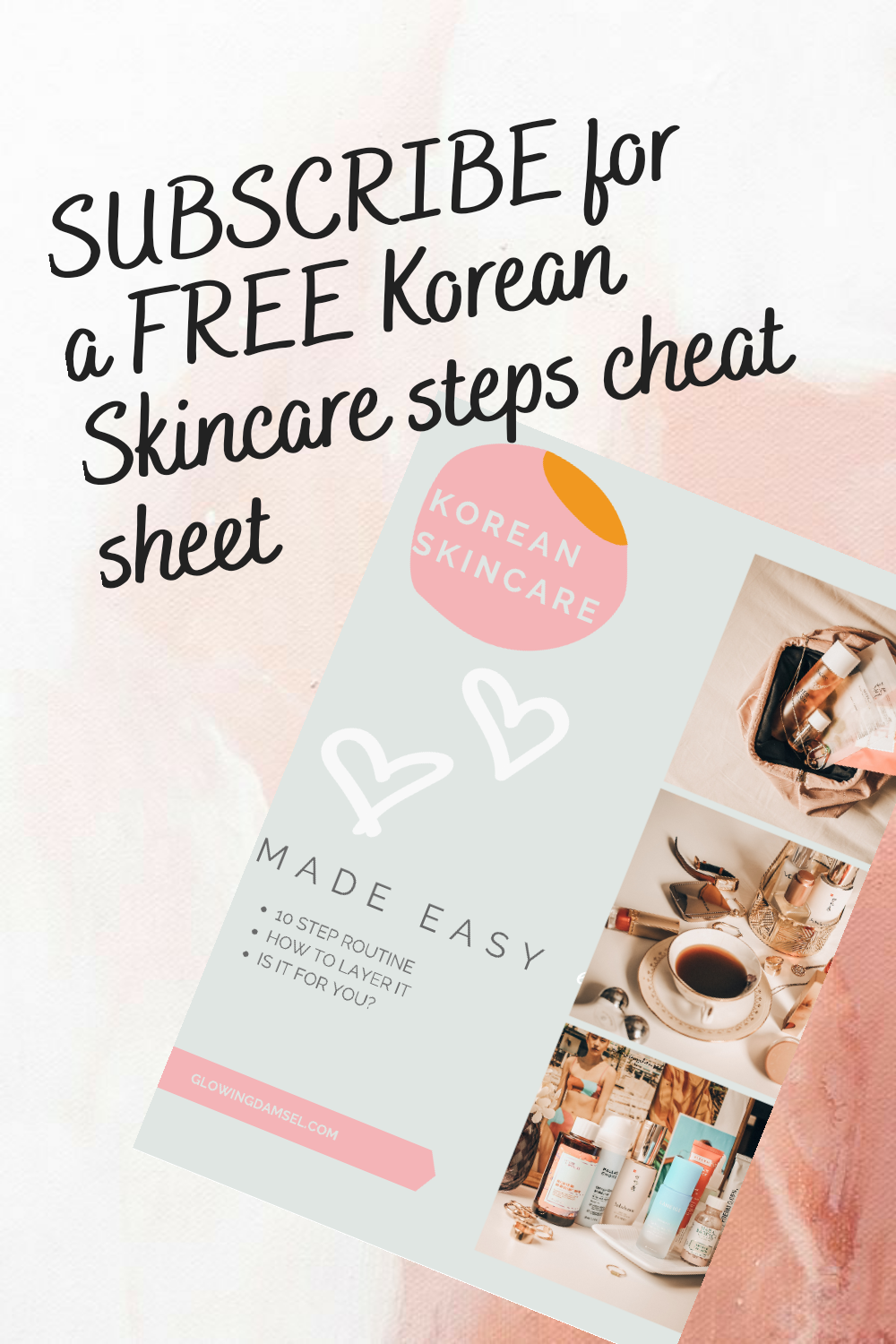
Some of the links listed above are affiliate links, meaning that if you click through and decide to make a purchase, at no additional cost to you, I may earn a commission.
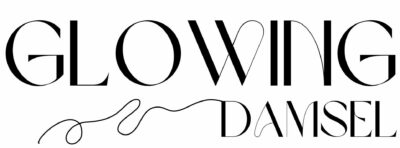
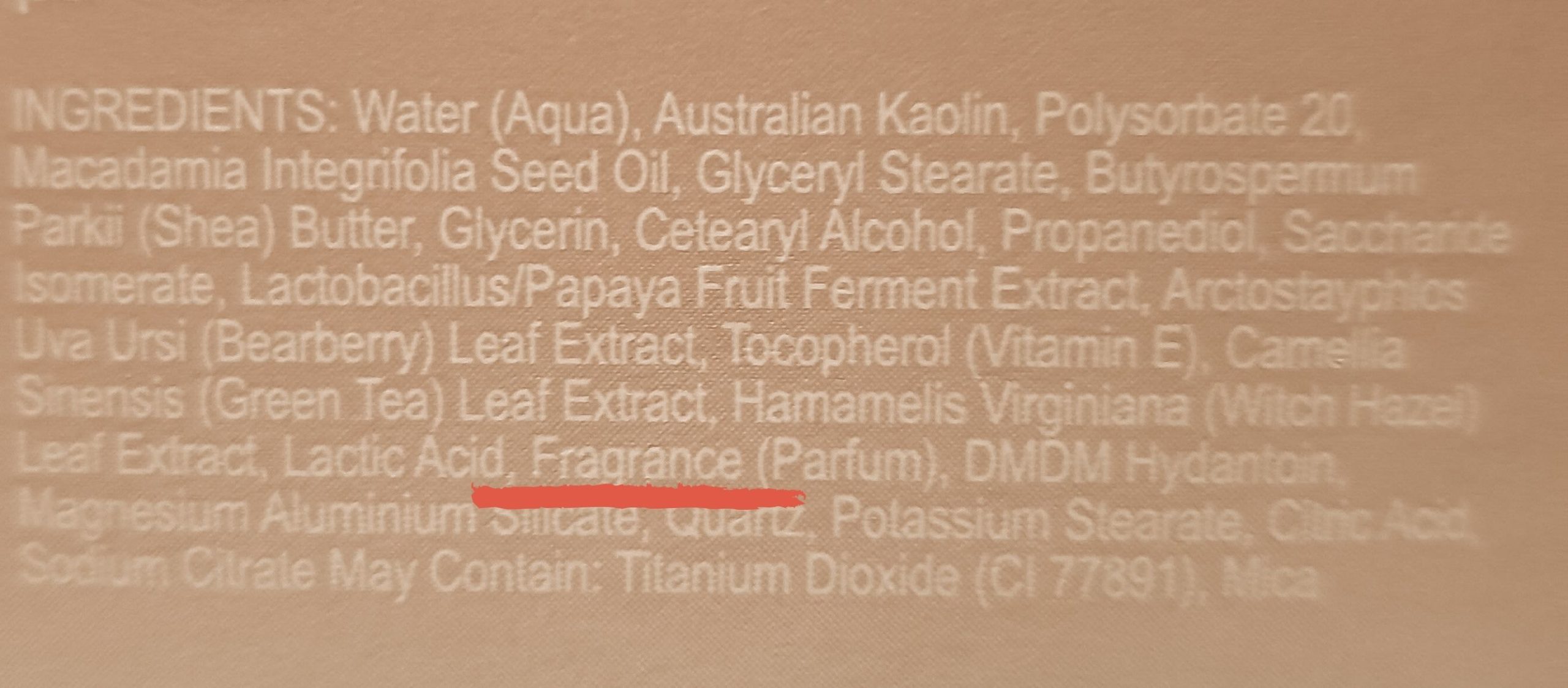
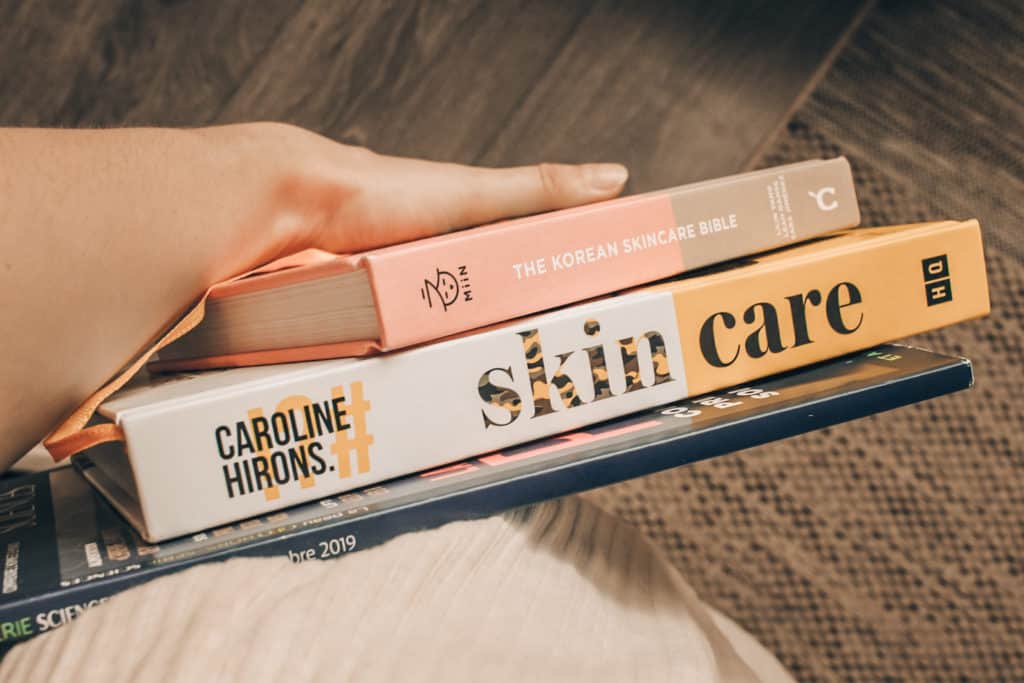
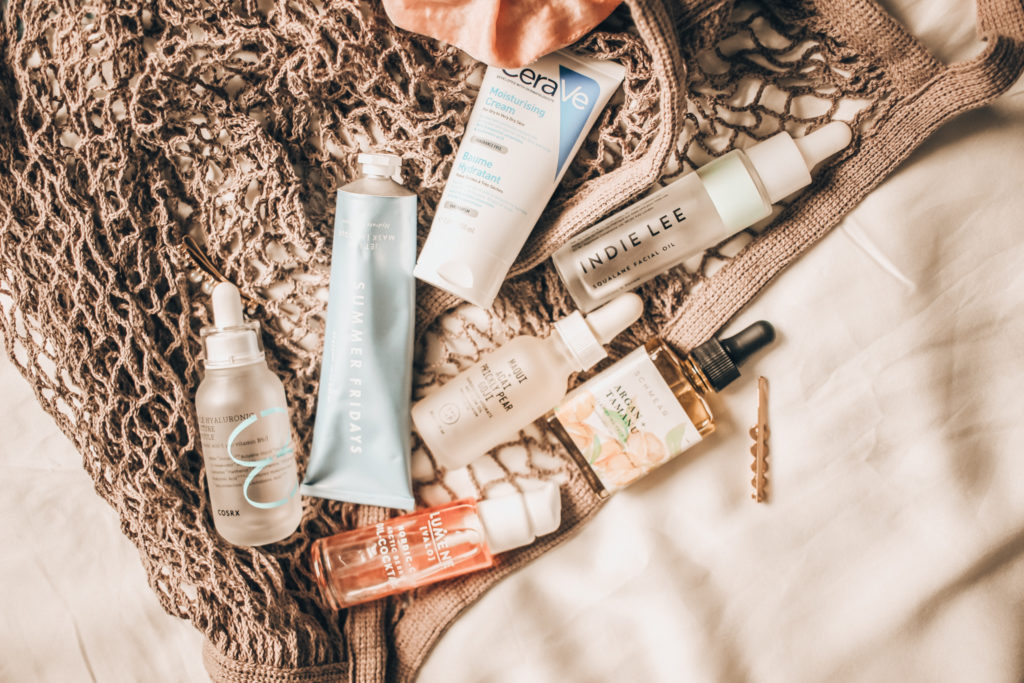
Leave a Reply